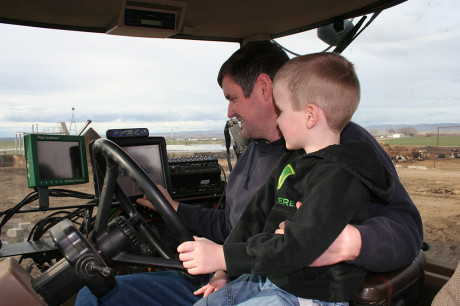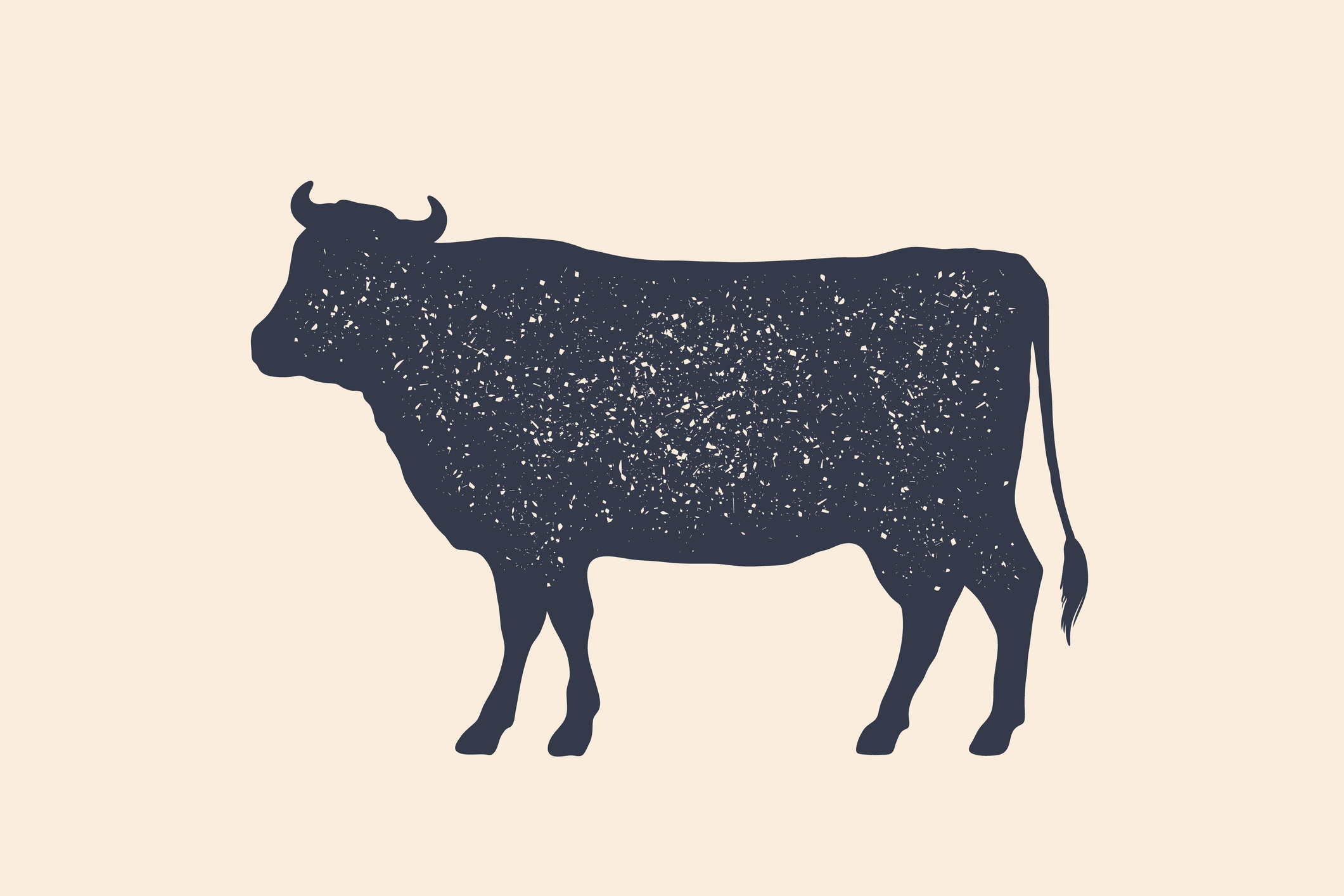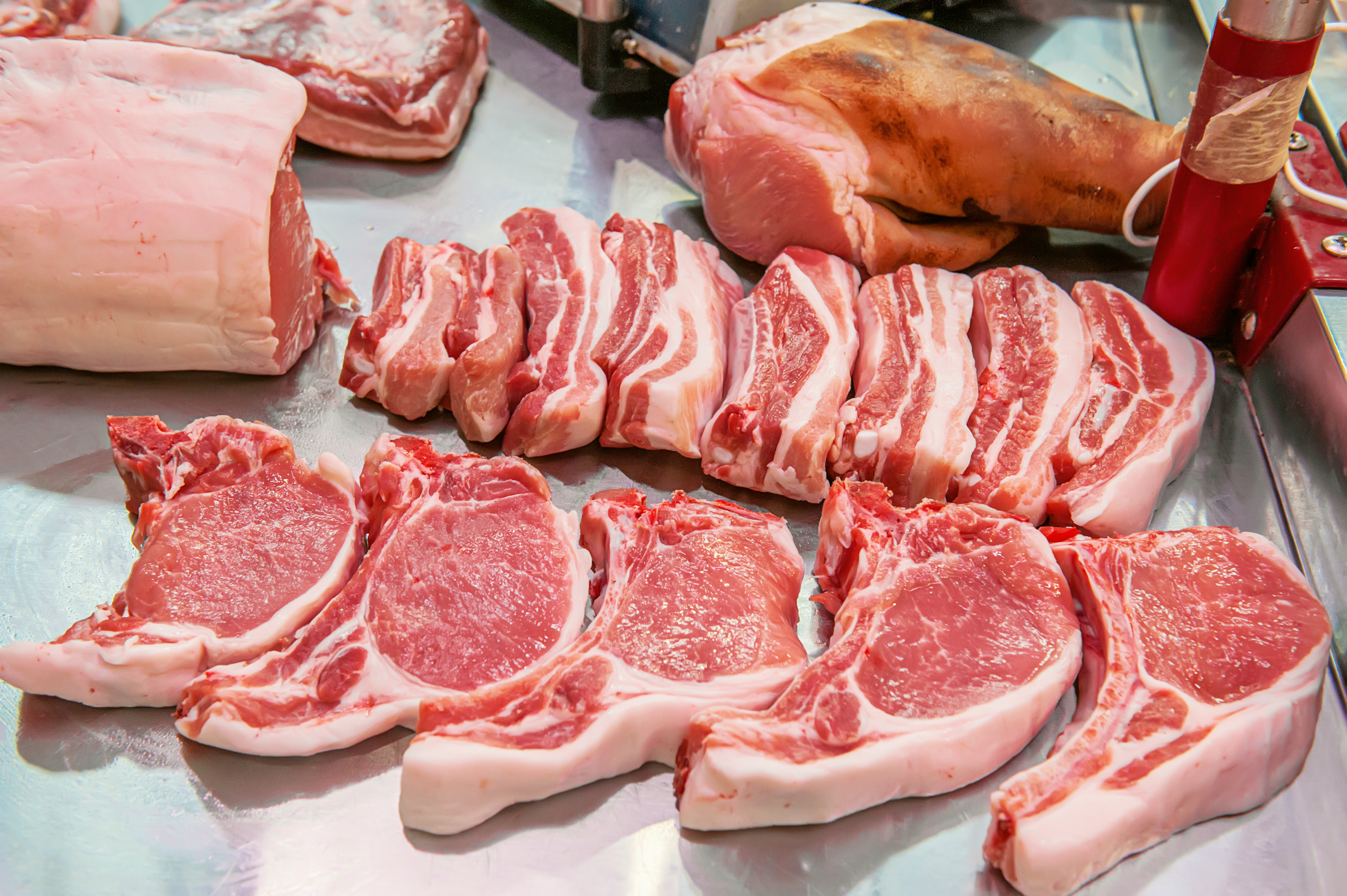“You’re an environmentalist,” were the words said excitedly and unexpectedly to a nutrient technology developer during a recent Washington State Senate Agriculture, Trade, and Economic Development Committee work session. Very true. The developer is working on a manure processing technology that would create two byproducts for the dairy industry – clean water and dry compost. A potential triumph for environmental concerns.
But the innovator was not the only environmentalist in that room. The farmer seated next to him is also an environmentalist. The other ranchers and farmers who have travelled to Olympia throughout the session are also environmentalists, and so are the thousands of Washington farm families who work daily to make their land better than yesterday.
If we define an environmentalist as someone who is concerned with the protection of the environment, no industry has more environmentalists than agriculture.
- A fifth-generation family wheat farm in Colfax, Washington implements no-till production practices to make them “better stewards of the resources and [they] intend to leave them better.” No till production practices minimize tilling, leaving valuable organic matter on the soil, decreasing erosion potential and improving habitat for wildlife. Many Washington farmers have adopted no-till practices.
- A dairy farmer from Sunnyside, Washington (pictured above) works tirelessly to make life better for their cows but also to improve practices, making them, “better for our crops, the land and the environment.” This dairy farmer is known for adopting precision agriculture technology that improves applications by mapping every inch of the field. The technology has allowed the adoption of reduced tillage practices to improve soil and air quality.
- Alfalfa seed growers in Touchet, Washington partner with entomologists at Washington State University (WSU) to improve habitat for native alkali bees. Alkali bees are vital to the raising of alfalfa seed. One research project is expanding the bee beds to the border of alfalfa seed fields, expanding the bees’ access to the alfalfa blossoms.
- Farmers of all kinds are looking for ways to save water. Growers are working with WSU to adapt Low Elevation Pivot Application ( LEPA) irrigation systems to their fields. LEPA will decrease water use, improve crop production, and decrease power use. This is just one of many new water conservation technologies.
- Drones are one of the most exciting technologies to be adapted to agriculture. Farmers and researchers are expanding drones’ abilities. Thermal imaging is used to evaluate field applications of Crop Protection Products, fertilizer, and water. The benefits to plant health, farm production, soil moisture levels, livestock monitoring, and more contribute to the expected annual growth of more than 28% between 2016 and 2021.
In the growing divide between agriculturalists and publicly designated “environmentalists” we should remember that farmers and ranchers are dedicated every day to creating and maintaining a healthy environment. The future of their land and their operations depends on their careful stewardship of the soil, the air, their livestock, the wildlife, and the water. While many in urban areas claim to be environmentalists, farmers are environmentalists every day.





